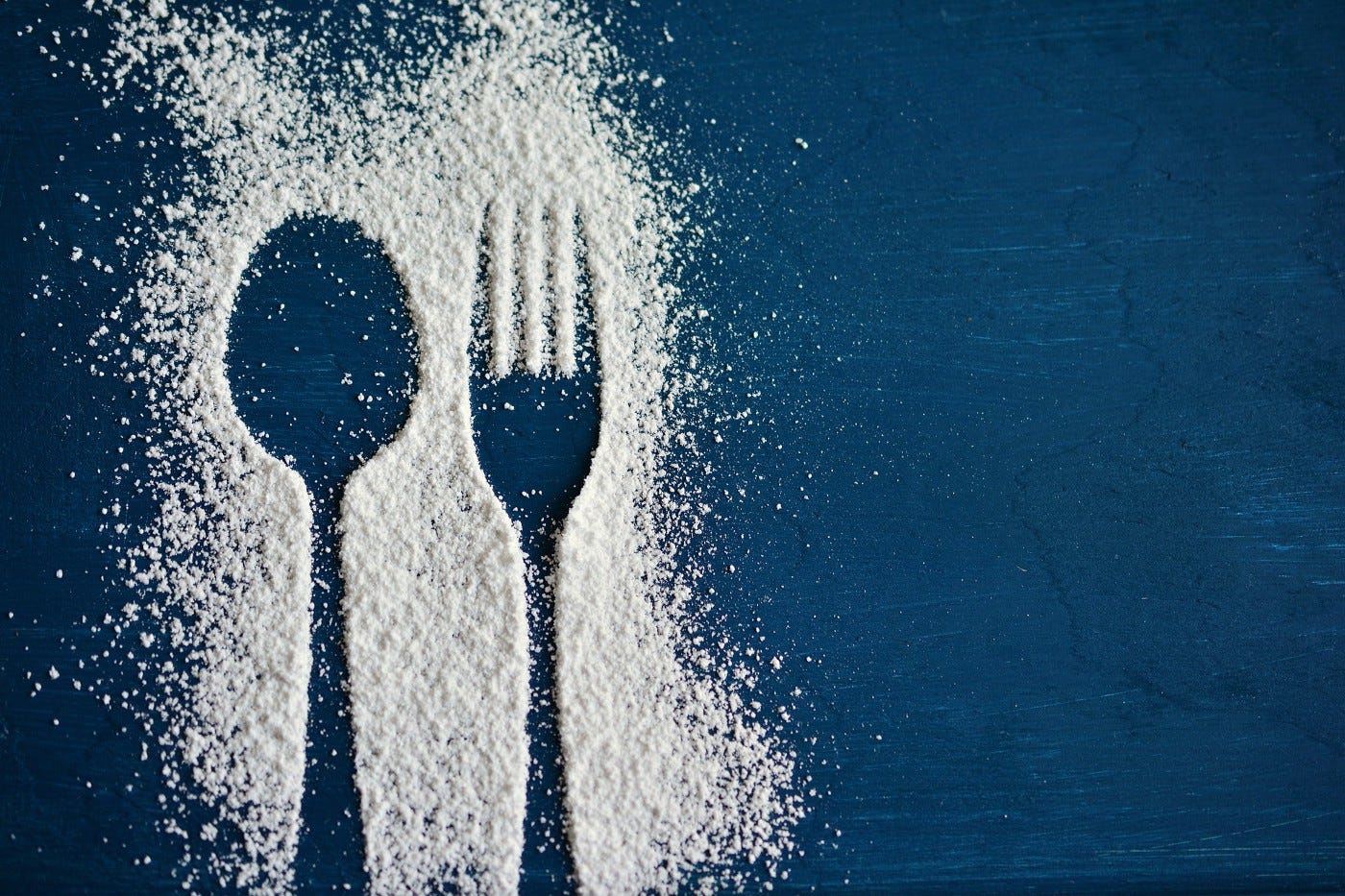What is the origin of the word "sugar"?
Sugar is bad for us but tastes so good — let’s look at its history in 10 words from around the world.
Nowadays, science uses the word “sugars” (plural) to refer to certain chemicals that have always been part of our diet. Traditionally, the word “sugar” refers to the sweet product obtained from sugar cane (or, more recently, from sugar beet) — the white grain we see sprinkled on a cake asking to be eaten.
Let’s look at the history of sugar through the history of its name.
It seems sugar cane was transformed into sugar for the first time in the paradisiacal islands between the Indian and Pacific oceans. No one knows who discovered it, but the resulting sweet grain was so sweet that humans couldn’t resist eating it — a siren flavour that would change the world. Some 3500 years ago, the plant and the technique to turn it into sugar spread across the Indian Ocean.
1. Sárkarā (Sanskrit)
It was in India that our word took its first step. Sugar, in Sanskrit, was called “śárkarā”. It was an old word, which had already come from Proto-Indo-European, meaning something like “gravel” or “grit”. Sugar was indeed a kind of gravel, but with a divine flavour.
2. Šakar (Persian) | 3. As-sukkar (Arabic)
The word — and sugar itself — started its slow journey toward Europe. From Sanskrit, it passed into another Indo-European language: Persian, where it became “šakar”. Like so many other words, it was borrowed by Arabic, where it became “as-sukkar”.
4. Açúcar (Portuguese) | 5. Azúcar (Spanish)
The Arabic language ended up transmitting the word to European languages, using two different paths: Iberian languages borrowed it directly, becoming “azúcar” in Spanish and “açúcar” in Portuguese (for example).
6. Zucchero (Italian) > 7. Sucre (French) > 8. Sugar (English)
Other languages imported it through the Italian “zucchero”, which became French “sucre”, English “sugar”, among many other words throughout Europe. (It must be said that, among the Iberian languages, there is one that received the word through this second path: Catalan, where the word for “sugar” is “sucre”.)
This means the word started its journey within an Indo-European language (Sanskrit), passed through another Indo-European language (Persian), but was imported into the Indo-European languages of Europe through Arabic, a language from another family. Words do not care which language family they pass through…
Sugar remained a luxury kind of spice until Europeans began to grow sugar cane on the Atlantic islands and the Americas. The demand for sugar was such that much of the Atlantic slave trade existed to sustain its production.
The system became terribly sophisticated: rum, a by-product of sugar production, was used to buy slaves in Africa, who were taken to the Americas to produce more sugar — and more rum, which was taken back to Africa to buy more slaves, who were then taken to the Americas, in a hideous circle fed by our gluttony.
9. Sukra (Cape-verdean)
The word itself continued to jump from language to language and exists today in Creole languages, like the Cape Verdean “sukra” and the Papiamento “suku” (both of which are of Portuguese origin).
10. Suga (Tok Pisin)
In Papua New Guinea, in the area where sugar cane originated, we find the word “suga” in Tok Pisin, one of the main languages of the country. It came from English — sugar really did go around the world.
We are stuck with this sweet addiction. During much of human evolution, there was no danger of eating too many sweet foods, since they were really rare. So the human body evolved to hoard anything sweet, since the flavour signalled an energetically rich food. When sugar became common, the innate inclination for eating anything sweet remained — and sugar became omnipresent in the human diet, with terrible consequences.
Next time you’re struggling to resist a cake, take a moment to remember sugar’s sweet and terrible journey around the world.
I’d like to thank Jennifer King (Eurologos-Portugal) for proofreading the text. You can find a Portuguese version of the article in Certas Palavras.


